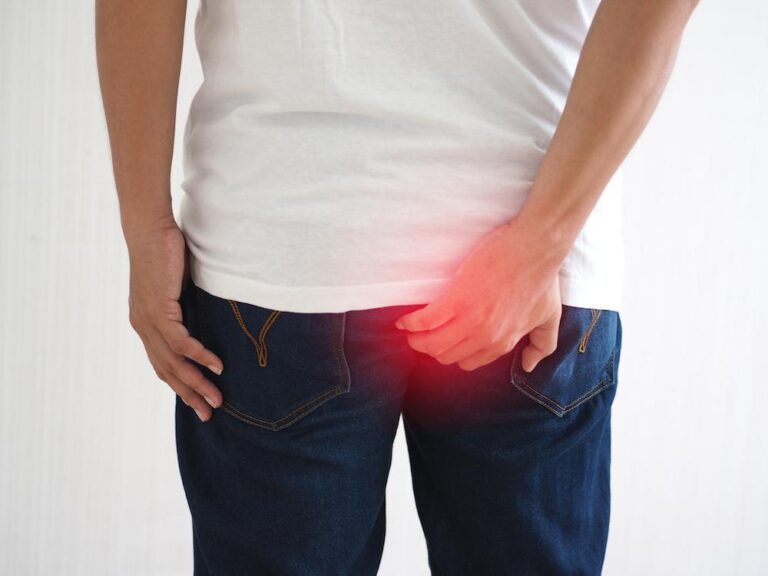[ad_1]
Hemorrhoids are a common condition that affects millions of people worldwide. They are swollen and inflamed veins in the rectum and anus that can cause discomfort, pain, itching, and bleeding. While hemorrhoids are not usually a serious medical condition, they can be quite bothersome and affect a person’s quality of life. Understanding the causes, symptoms, and treatment options for hemorrhoids can help individuals manage and alleviate their symptoms.
Causes of Hemorrhoids:
There are several factors that can contribute to the development of hemorrhoids. Some common causes include:
– Straining during bowel movements: This is one of the most common causes of hemorrhoids. Straining can put pressure on the veins in the rectum and anus, leading to their inflammation and swelling.
– Chronic constipation or diarrhea: Changes in bowel habits can cause an increase in pressure on the veins in the rectum and anus, leading to the development of hemorrhoids.
– Obesity: Excess weight can put pressure on the veins in the pelvic area, increasing the risk of developing hemorrhoids.
– Pregnancy: The increased pressure on the pelvic veins during pregnancy can cause hemorrhoids to develop.
– Sitting or standing for long periods: Prolonged periods of sitting or standing can increase the pressure on the veins in the anal area, making hemorrhoids more likely to develop.
Symptoms of Hemorrhoids:
The symptoms of hemorrhoids can vary depending on the type and severity of the condition. Some common symptoms include:
– Rectal bleeding: Hemorrhoids can cause bleeding during bowel movements. The blood may be bright red and seen on the toilet paper or in the toilet bowl.
– Itching and irritation: Hemorrhoids can cause itching and irritation in the anal area, making sitting and moving uncomfortable.
– Pain and discomfort: Hemorrhoids can cause pain and discomfort, especially during bowel movements or when sitting for long periods.
– Swelling and inflammation: Hemorrhoids can cause swelling and inflammation in the anal area, leading to a feeling of fullness or discomfort.
Treatment Options for Hemorrhoids:
There are several treatment options available for hemorrhoids, depending on the type and severity of the condition. Some common treatment options include:
– Over-the-counter ointments and creams: These products can help alleviate itching and discomfort associated with hemorrhoids.
– Sitz baths: Soaking in a warm bath can help reduce swelling and inflammation in the anal area.
– High-fiber diet: Consuming a diet rich in fiber can help prevent constipation and reduce the risk of developing hemorrhoids.
– Stool softeners: These medications can help soften the stool and make bowel movements easier, reducing strain on the veins in the rectum and anus.
– Rubber band ligation: In more severe cases, a doctor may recommend a procedure called rubber band ligation, where a small rubber band is placed around the base of the hemorrhoid to cut off its blood supply, causing it to shrink and fall off.
In conclusion, hemorrhoids are a common condition that can cause discomfort and pain for many people. Understanding the causes, symptoms, and treatment options for hemorrhoids can help individuals manage their symptoms effectively and improve their quality of life. If you are experiencing symptoms of hemorrhoids, it is important to speak with a healthcare provider for a proper diagnosis and treatment plan.
[ad_2]

